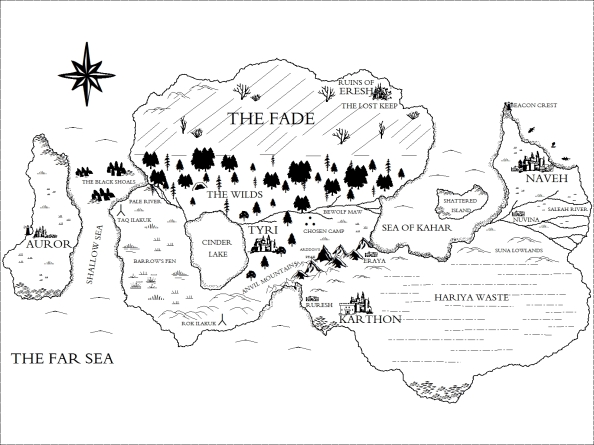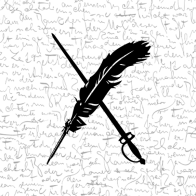One thing I have noticed lately is writers who are agented or published have one thing in common: most of them, this is their second, or third, or sixth book–it took them that many tries to get it “right”. This made me curious. Is there an unspoken magic number in the publishing world? Is there a certain number of books it takes to master the art?
Like I’ve said before, I’ve been writing my whole life. What started as picture books progressed to short stories then chapter books, until finally I finished my first complete novel at 12, handwritten in a pink journal. It was a science fiction/dystopian about a girl who discovers government secrets, and then teams up with the rebels to overthrow them. Naturally, now I read it and it’s complete crap, and will live the rest of its life locked away in my files, never to see the light of day.
My second book was an epic fantasy that probably should have been two or three books instead of one, about four kids united by magical powers, saving their land from the Dark Lord. I was probably about 13 when I wrote it, so considering that it’s pretty brilliant, but like the previous will never see the light of day.
My third I wrote when I was about 15 and is 102 pages of teenage angst. It was my first contemporary, about a girl whose boyfriend is killed in a car accident. Again, teenage angst. There are some tiny gems, but most of it is one giant facepalm.
Now my fourth was Ember, which you have probably heard me mention. I started writing it when I was 17, and this was the first one worth reading. Countless rewrites and two years later, I am in the process of querying it. Though I’ve only been at it six months or so, it’s hard not to get discouraged, especially when promising leads end up going nowhere. I started writing its companion, but needed a break from writing in the same world and same story for two years. So to battle the rollercoaster of querying, I started Nightfire.
Ember and Nightfire are my true loves. But one question I have been asking myself a lot lately is–what if Ember isn’t the one? What if it’s just another one in the series before I get it “right”? I absolutely believe in that story; I love the characters, the world, everything. It was the first story that characters became real to me, that I started to get voices in my head. I believe I have developed my writing skills well enough that I could be published now. But what if there’s something wrong in the formula? Something that Nightfire has the chance to get right?
Which led to me wonder–what is the magic number? I wrote three books before Ember, but was that enough? Do the ones I wrote at 12 or 13 count, when I was still so young and had so much to learn?
I believe in Ember, but I wonder if it’s not the one that will get me agented and published. Maybe that is Nightfire, and Ember can come later. But my question remains–is there a number?
What do you think? How many books have you written–if any? Is there a magic number of books a writer has to write, before they have “mastered” it? Is there a magic number of books it takes before one makes an agent fall in love?


